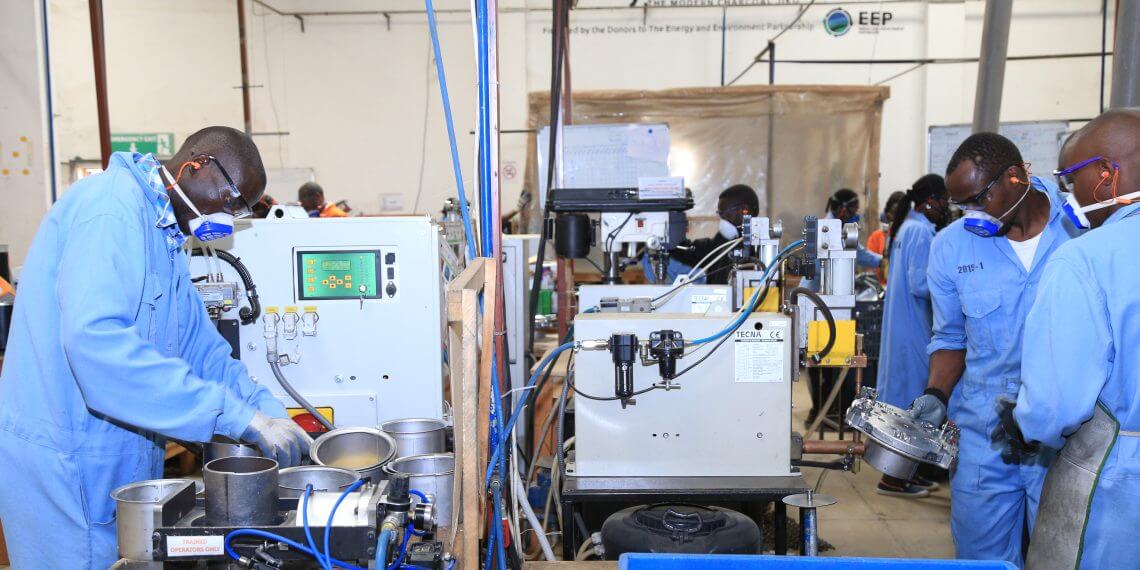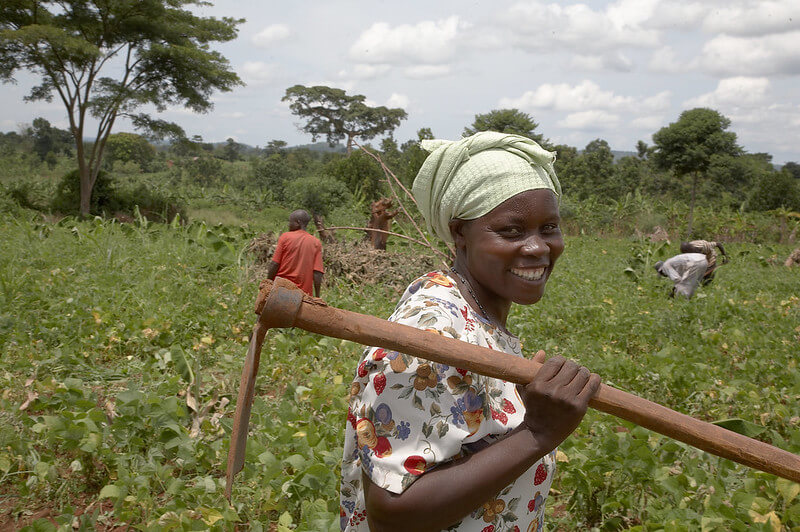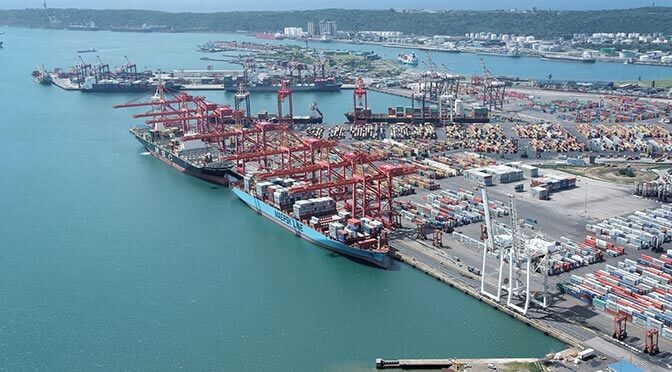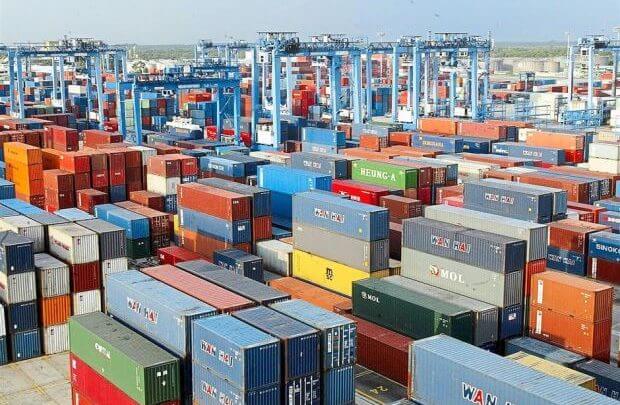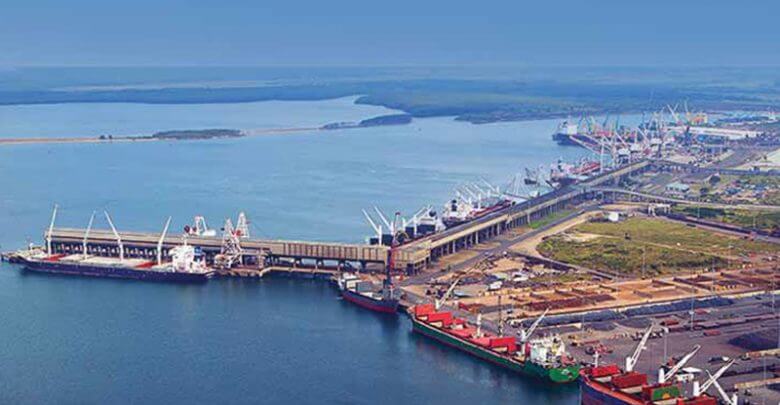SSCBT is important on informing policies for poverty reduction and inclusive growth The future for many Africans is uncertain as the world continues dealing with the Covid-19 pandemic whose increase and mutation is necessitating lockdowns in different parts globally. Majority of the affected millions are now either out of work or in limbo since some companies have opted for extended unpaid leave for their employees instead of laying them off. Accordingly, the Covid-19 pandemic has potential far-reaching and multifaceted indirect impacts on societies and economies. These effects could last long after the health emergency is over. The extended negative effects of the pandemic could aggravate existing instabilities or crises, or lead to new ones with repercussions on individuals’ emotional and economic wellbeing, food security, and livelihoods. With this reality, though, there are several opportunities that African governments should exploit to ensure that they cushion their people, especially the very vulnerable, from the suffering that the pandemic is leaving in its trail. While the short term interventions are welcome, there is more that can be done on the continent to ensure the sustainability of livelihoods. According to the Africa Investment Forum (AIF), domestic manufacturing is a path to expand intra-continental trade while also reasserting Africa’s position in global markets. The role of the private sector cannot be underestimated especially with the rolling out of the African Continental Free Trade Area (AfCFTA). For Foreign Direct Investment (FDI), investors should not view Africa as a single market. AIF’s Senior Director Chinelo Anohu says...
Investing in Africa: There is more than just FDI
Posted on: January 11, 2021
Posted on: January 11, 2021

